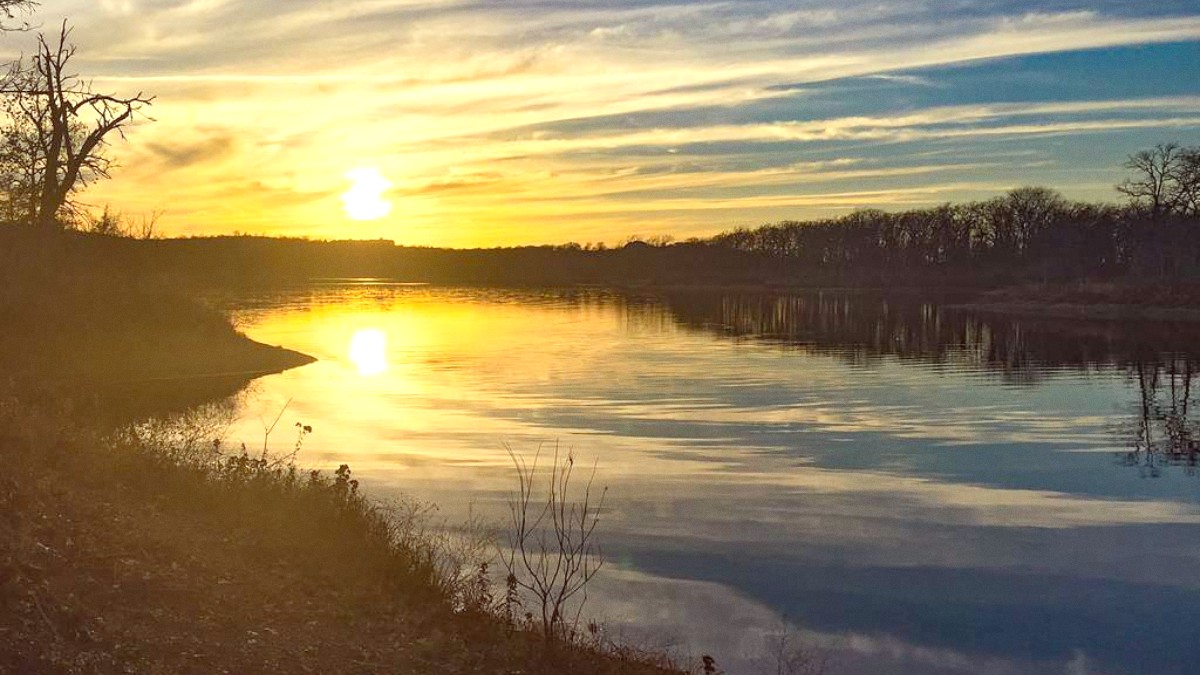
Oklahoma, USA
Chickasaw National Recreation Area is a protected area, preserving unique springs, creeks, and diverse ecosystems.
The park's existence relies on the delicate Arbuckle-Simpson Aquifer. Water conservation is encouraged.
Practice Leave No Trace: pack it in, pack it out. Use recycling bins where available.
Minimizing your environmental footprint is a aspect of responsible travel.
Minimize waste by using reusable items. This significantly cuts down on single-use plastics and general waste.
Opt for environmentally responsible outdoor gear and ethical tour experiences.
The National Park Service actively preserves natural resources and cultural heritage.
Offset your travel emissions to contribute to projects that reduce greenhouse gases elsewhere.
Donate to the National Park Foundation or specific park 'Friends' groups. These groups fund conservation and education.
When purchasing Native American art, ensure authenticity and fair compensation for artists.
Every visitor action shapes the future of this unique environment. Travel responsibly to preserve its beauty.
Engage respectfully with local communities and heritage.
Be polite when interacting with local community members. A friendly demeanor makes a difference.
Do not photograph individuals without their explicit permission. Respect privacy and posted signage.
Support fair trade options and local businesses to foster positive economic impact.
Do not engage in illegal activities like littering, vandalism, disturbing wildlife, or damaging features.
The National Park Service works diligently to preserve both the natural resources and the cultural heritage of the area, including the historic Civilian Conservation Corps (CCC) structures.
The park preserves structures built by the Civilian Conservation Corps, reflecting a significant era of American history and craftsmanship.
A modern facility dedicated to preserving and sharing Chickasaw history, language, and traditions.
The area's heritage includes frontier life, Native American history, and rural Oklahoma culture, all worth exploring.
Responsible choices leave a positive mark on both the environment and the local community.